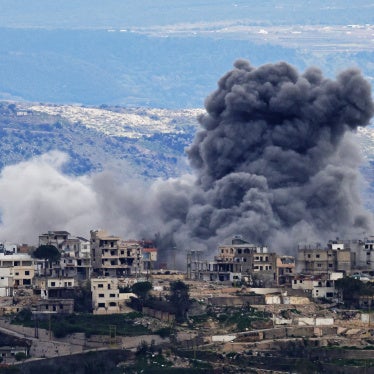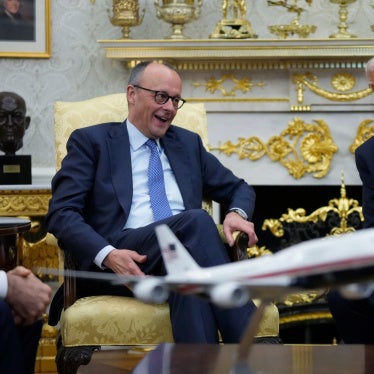Following the August 2 murder of the MQM leader Raza Haider, ethnically opposed factions have killed 86 people in Karachi and the violence continues. Three ‘secular' parties are in the driving seat - the PPP, MQM and ANP - but all with past records of mutual hostility. The Friday Times speaks to Ali Dayan Hasan of Human Rights Watch on the implications of recent events...
Where does responsibility for the current spate of targeted killings in Karachi lie?
The assassination of MQM provincial assembly member Raza Haider is condemnable and his killers should be apprehended. But the fact is that the subsequent and preceding killings in Karachi are equally unpardonable. Well over 80 people are dead and hundreds have been injured. While the MQM's anger is to be expected, as a coalition partner in the Sindh government, it is incumbent upon the MQM to uphold the rule of law and not become party to its disruption. There are very many actors seeking to destabilize Karachi, such as radical Islamists and those seeking to damage the transition to democracy in general. The violence in Karachi is a collective political failure of the MQM, the PPP and the ANP and unless it is arrested, all three parties will suffer. In such a situation, only militants and extra-constitutional forces will be the beneficiaries.
What do you think of the Sindh government's reaction?
The Sindh provincial government's response reveals both its weakness and the divisions therein. Instead of being focused on deterrence and the security of citizens, members of the Sindh government have played the blame game. Admittedly, the Sindh government finds itself in a tough situation both politically due to its composition and in the face of the stark reality that all political actors in Karachi are heavily armed and the state has been unable or unwilling to disarm them to date. The government's incapacity in the face of these political cadres is clear. But it is for the parties that form the Sindh coalition to restrain those over whom they have influence from persisting with violence.
What can the federal government do?
The federal government needs to engage the political actors in Sindh in a frank if private dialogue about the relationship between criminal mafias and their political patrons and about the role of real estate mafias" in fomenting violence in particular. Karachi is a young multi-ethnic city that cannot afford the economic or political marginalization of any of the major groups living there regardless of who controls government. These are issues that have been swept under the rug for too long. And any responsible government should seek to face them and arrive at negotiated solutions. The only other option is ongoing bloodshed.
Can the army play a role in bringing peace to Karachi?
Perhaps not formally but privately the military could certainly urge those it has influence over to behave in a rights-respecting manner.
What do you make of the international community's inattention to rising targeted killings in Karachi?
The international community appears to have largely ignored the developing situation in Karachi. In the immediate term this is simply because international attention is rightly focused on the massive devastation caused by the floods and its horrendous aftermath which will unfold in the coming weeks. But Karachi is too strategically important for the international community to ignore a serious ongoing destabilization of the metropolis. It is important that when the US and others engage with the province's political actors and the country's national security establishment, they make clear to these allies that a return to the rampant human rights abuse and mayhem of the 90s in unacceptable. They also need to make clear that there will be zero tolerance for any hint of a politics that seeks space for abusive behavior and bloodshed as quid pro quo for keeping the Taliban in check.
Ali Dayan Hasan is a senior researcher in the Asia Division of Human Rights Watch.






